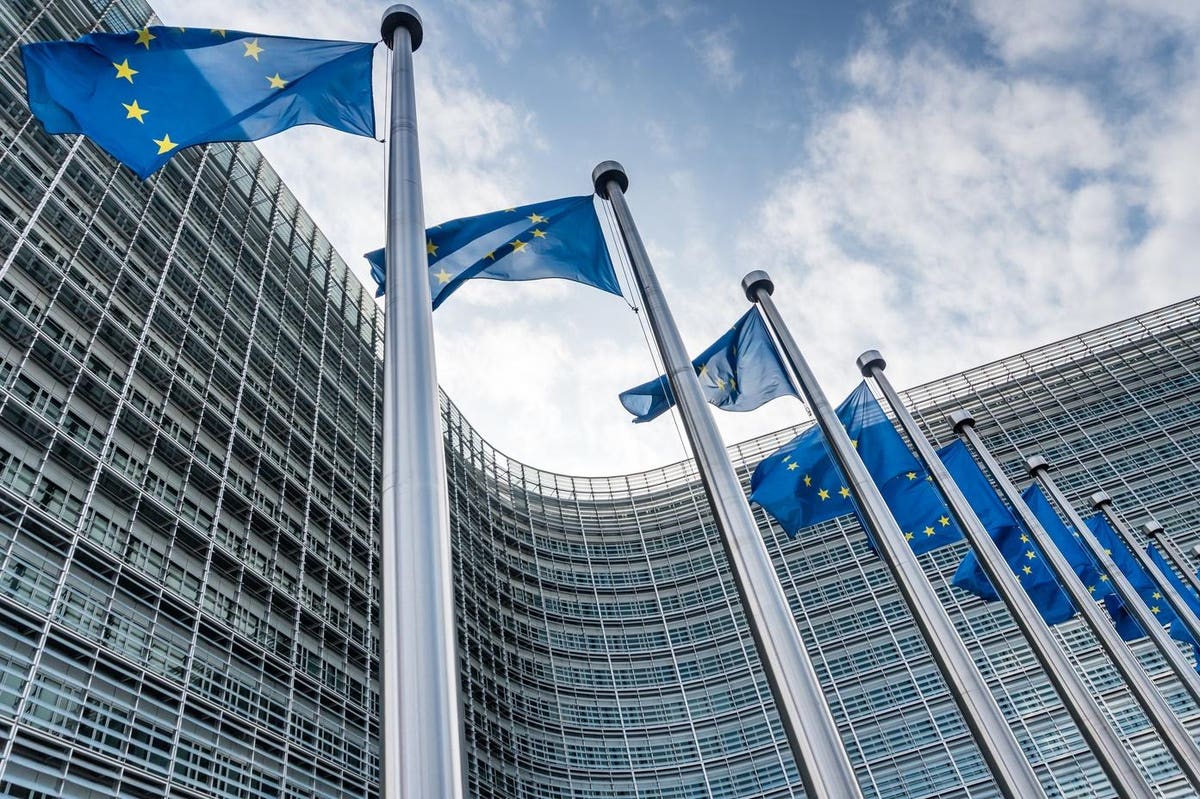Aniela Unguresan is the Founder of EDGE Certified Foundation and Founder & CEO EDGE Strategy.
In the kaleidoscope of modern society, diversity, equity and inclusion (DEI) are fundamental aspirations that embody our shared commitment to a fair and prosperous world. As these values gain prominence on the global stage, how they are embraced and enacted reveals the potential for transformative change and the complex dynamics of politics and progress.
I was born in a Communist country and wanted to avoid politics as much as possible for a long time. However, my idea about the role of politics in our lives has dramatically changed over the years. Indeed, I learned that politics is an intrinsic part of our lives, deeply woven into society’s fabric and shaping how we interact, make decisions, and navigate the world around us. It goes beyond formal government structures and agendas and shapes our communities, workplaces, relationships and personal beliefs.
In essence, politics is about how we navigate the complexities of human interaction, economic value creation and wealth distribution, power dynamics, and societal progress. DEI is one of the few topics that cut across all of these aspects and, thus, it has become highly politicized, sometimes for strikingly different purposes.
The journey toward DEI is a dynamic interaction of ideals, realities and political discourse. What should be a unifying endeavor toward inclusivity often becomes mired in the culture war. However, I’ve seen how the European Union (EU) has seized upon DEI as a driving force for social transformation and economic opportunity. The aim is to build an inclusive ecosystem through targeted regulations that foster equitable and inclusive workplaces and address historical inequalities.
For example, the new pay transparency directive focuses on lifting women out of poverty and enhancing their retirement years. And the corporate sustainability reporting directive, which companies will have to begin complying with at the beginning of 2024, is intended to provide investors and the public with reliable information about social performance. These DEI policies possess the power to reshape the way businesses operate on an international stage.
How Companies Can Adapt
For foreign businesses operating in the European market, these regulatory shifts carry tangible implications. They will not be able to consider DEI an isolated endeavor for their EU-based operations; it must be inseparably linked to global business and talent strategy. Indeed, a harmonious alignment with the EU’s vision for equitable workplaces requires more than superficial changes; it demands a profound transformation in organizational culture and practices—a recalibrating of the corporate compass—for companies doing business in the EU and wanting to continue to do so. Here’s how companies in the United States—and elsewhere—can adapt:
1. See costs as an investment.
The recalibration process, while accompanied by challenges, should not be viewed as a burden. Rather, the costs associated with enhancing DEI initiatives should be viewed as an investment in compliance and multifaceted returns, including cultivating a resilient, adaptable workforce reflective of a diverse world. Communicate that the costs associated with enhancing DEI initiatives in accordance with EU standards are genuine investments in the holistic, long-term betterment of your organization and all its stakeholders, including shareholders.
2. Take a holistic approach to compliance.
Embrace a holistic approach to compliance with EU directives. This entails meeting the minimum requirements and aligning your organization’s values and culture with the spirit of diversity, equity and inclusion. Consider conducting regular audits and assessments to ensure that DEI initiatives are integrated into your company’s DNA, from recruitment and hiring to everyday operations and leadership practices.
3. Empower employees and equip employees.
Recognize that your employees play a crucial role in achieving and sustaining DEI goals. Invest in employee engagement and education programs that foster a culture of inclusion. Provide ongoing training to raise awareness about the importance of diversity and equip employees with the tools to contribute positively. Encourage open dialogue and feedback mechanisms that allow employees to share their insights and concerns, creating a more collaborative and inclusive workplace.
The interplay between regulatory shifts and DEI initiatives uncovers a larger truth about the evolving nature of business. In an interconnected world, where national boundaries often blur in the face of global markets, global talent flows and global brands, the concepts of ethics, responsibility and sustainability have transcended compartmentalization. DEI is not and should not become a mere compliance or political correctness exercise; it is about positioning businesses to flourish in an inherently diverse, complex world and society in order to thrive.
As we navigate the currents of politics, policy and practice, you will likely find that the journey toward DEI is not linear. It is a mosaic of individual choices, institutional commitments and international collaboration. Regardless of the path we traverse, the shared destination remains unchanged: an equitable, inclusive and prosperous world. Our actions today will reverberate through time, shaping the legacy we leave for generations to come.
Forbes Business Council is the foremost growth and networking organization for business owners and leaders. Do I qualify?
Read the full article here





